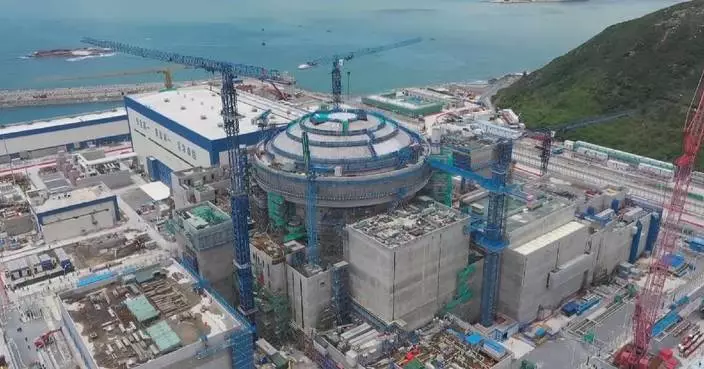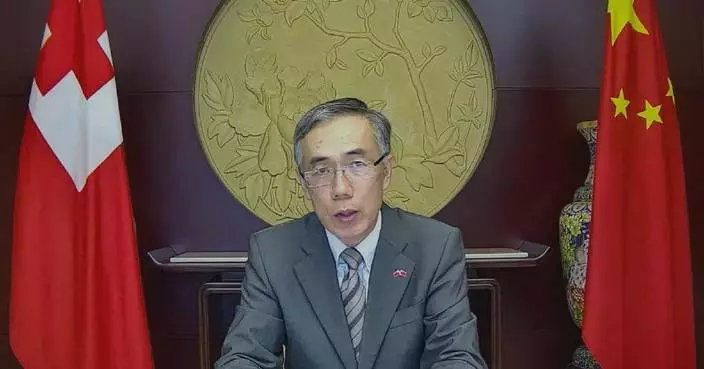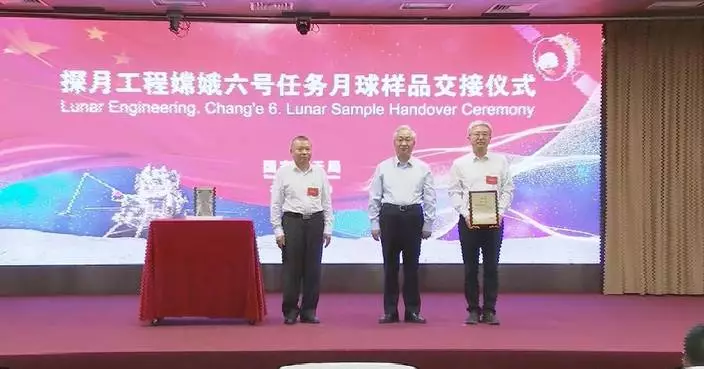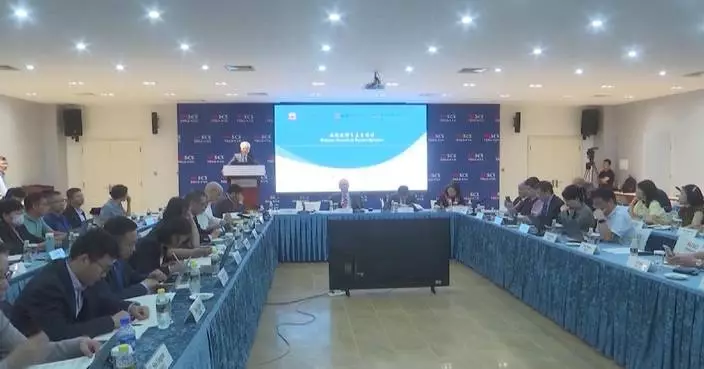There is no way the world will achieve the Paris goals for reducing carbon emissions without the capacity of the Chinese renewable energy industry, said Benedikt Sobotka, CEO of Eurasian Resources Group and co-chair of the Global Battery Alliance (GBA).
In an interview with China Global Television Network (CGTN) in Beijing on Monday, Sobotka pointed out the dangers of trade protectionism for the stable global economic order. He stressed that China's advanced new energy technology and industry cannot be ignored, particularly for carbon-conscious Europe.
Click to Gallery
There is no way the world will achieve the Paris goals for reducing carbon emissions without the capacity of the Chinese renewable energy industry, said Benedikt Sobotka, CEO of Eurasian Resources Group and co-chair of the Global Battery Alliance (GBA).
China's renewable energy industry indispensable in global carbon reduction efforts: European company CEO
China's renewable energy industry indispensable in global carbon reduction efforts: European company CEO
China's renewable energy industry indispensable in global carbon reduction efforts: European company CEO
China's renewable energy industry indispensable in global carbon reduction efforts: European company CEO
"The commodities industry relies on open borders. A unit of a material that we produce has to move around to different countries and through different borders until it ends up at an end customer. For us, it is very important that there are no barriers to trade. And we've seen increasingly that this fundamental pillar of the world economic order is being eroded, and that's a threat to business and that's a threat to growth. It's also a threat to consumers who don't get the benefits of cheap products," said Sobotka.
China's Contemporary Amperex Technology Co., Ltd. (CATL), a global leader in innovative new energy technologies, is facing various obstacles in delivering their advanced and cost-effective products to different parts of the world due to certain countries' so-called "de-risking" policies, according to the CEO.
"CATL, for example, which is by far the largest manufacturer of battery storage systems for electric vehicles and also for electricity generation. They are also probably the most competitive company. They should be exporting to around the world and they should be setting up manufacturing centers around the world. But for them, it's very complicated because there are so many... (Host: De-risking.) And that's very unfortunate because not everyone in the world now has access to those products that are the most competitive," said Sobotka.
Sobotka believed that Chinese electric vehicles (EVs) enterprises should expand their export and investment operations overseas, meanwhile emphasizing their significant role in achieving global carbon reduction goal. "Fifty percent of cars sold in China this year will be electric. There isn't that much growth left, whereas in other countries, it's 5 percent . (In) the United States, it is about 6 percent or 7 percent, of which the majority is (in) California. The growth is outside of China in these new-energy vehicles, and (in) energy transition technologies. So Chinese companies have no alternative, but to go out and they should. Because the world needs the technologies and the manufacturing prowess of the Chinese industry to decarbonize. There is no way the world will achieve the Paris goals for reducing carbon emissions without the capacity of the Chinese renewable energy," said Sobotka.
China's Commerce Minister Wang Wentao and Valdis Dombrovskis, executive vice president of the European Commission, agreed on Saturday to start consultations on the issue of the European Union's anti-subsidy investigation into Chinese EVs. The consensus was reached during talks between the two officials via video link, the ministry said in a press release.
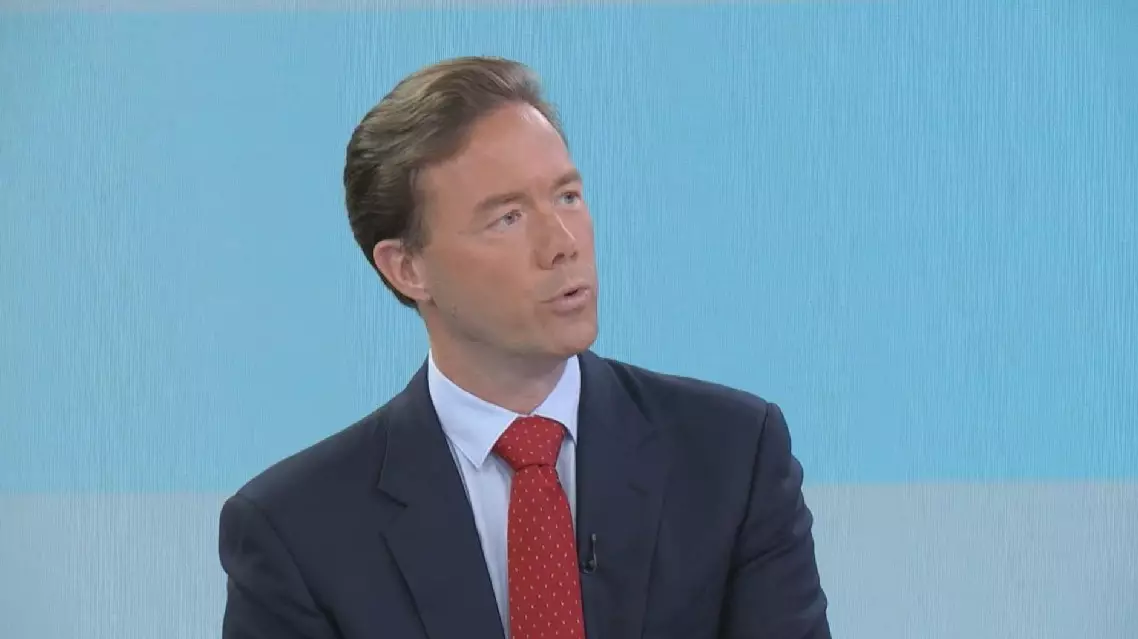
China's renewable energy industry indispensable in global carbon reduction efforts: European company CEO
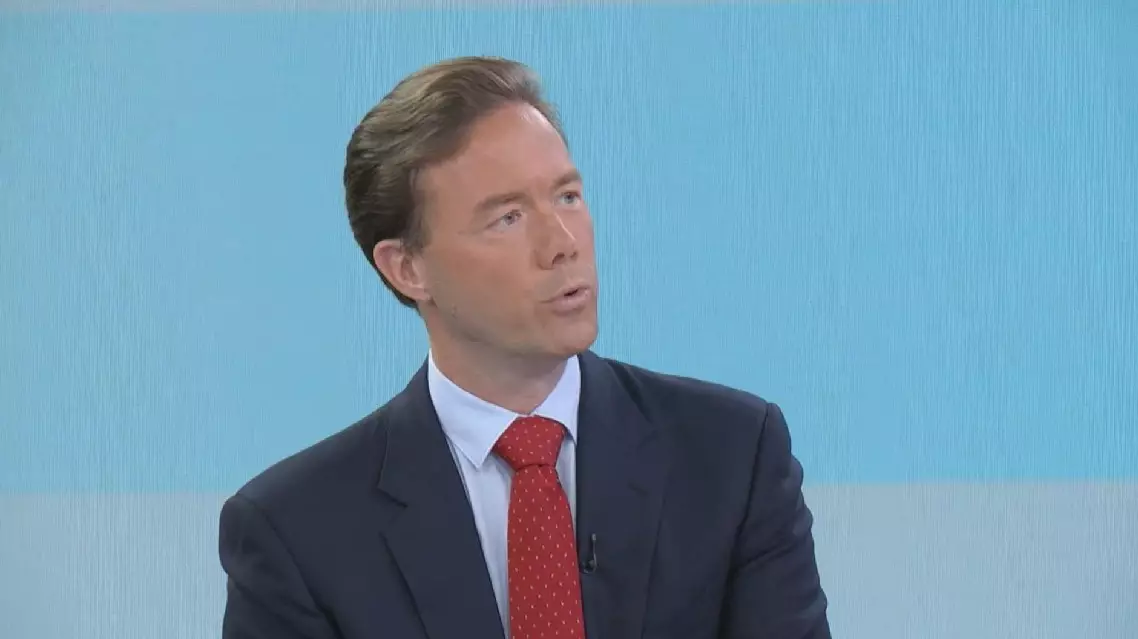
China's renewable energy industry indispensable in global carbon reduction efforts: European company CEO
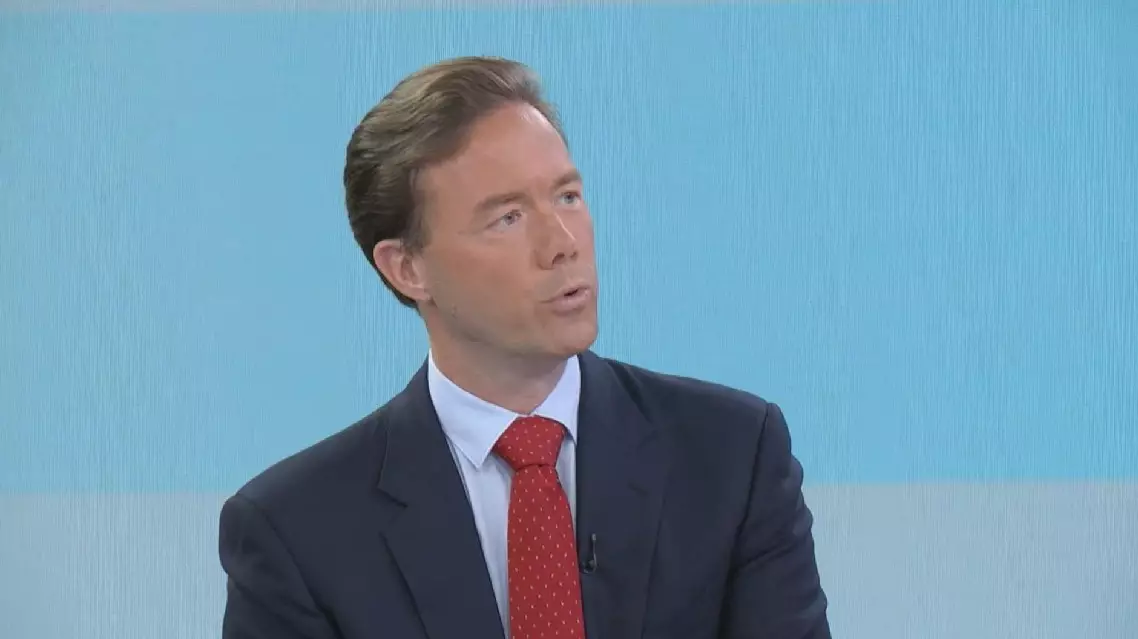
China's renewable energy industry indispensable in global carbon reduction efforts: European company CEO
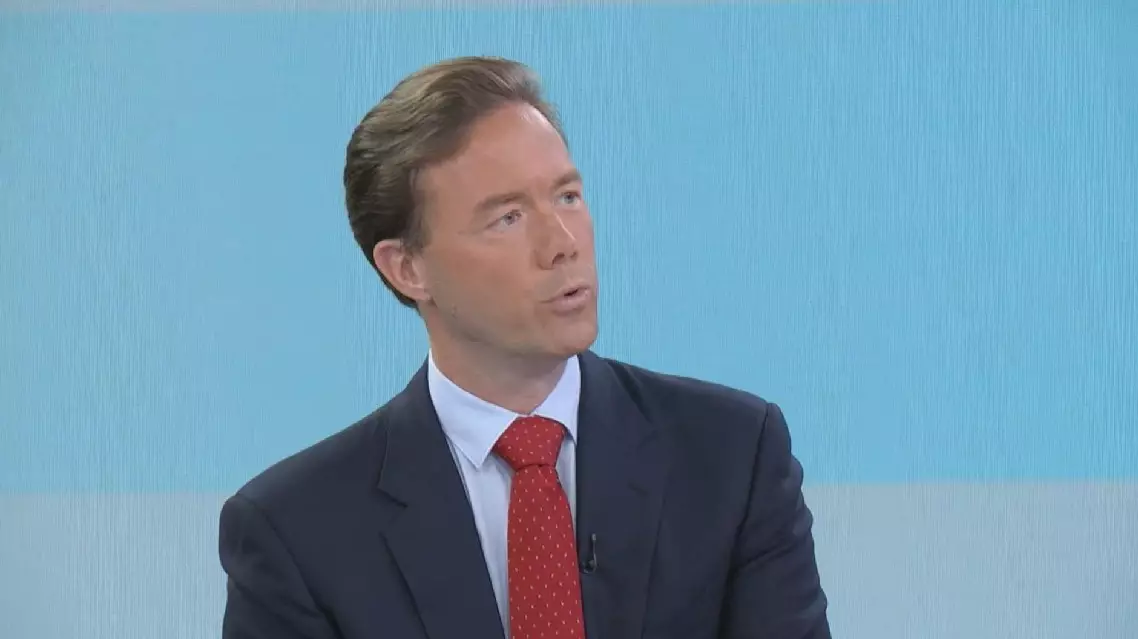
China's renewable energy industry indispensable in global carbon reduction efforts: European company CEO
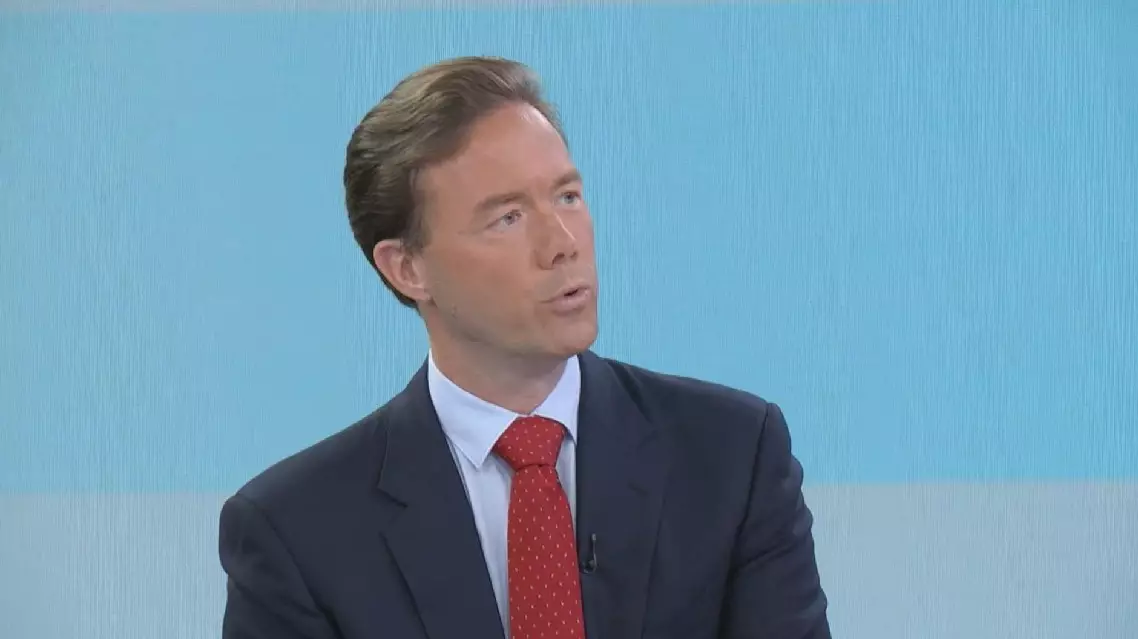
China's renewable energy industry indispensable in global carbon reduction efforts: European company CEO
A delegation of foreign media professionals from 13 countries have lauded the ecological restoration achievements in Aksu Prefecture of northwest China's Xinjiang Uygur Autonomous Region since they visited the city on June 23.
With more than 30 years' desert-greening efforts, Aksu, on the northern edge of the Taklamakan Desert, has gradually built up a new ecological development pattern.
The 15-member group visited the Kekeya Afforestation Project Memorial Hall, which records how people from various ethnic groups in Aksu fought with the desert and revitalized the countryside.
"In the 1980s, Kekeya was a Gobi beach and the environment was very harsh. There was no grass, and the soil was very high in saline content. Its terrain is in the north of Aksu. So every time the wind blew here, all the dust would get driven directly into the city of Aksu and Wensu County. This wind and sand made the lives of people here miserable," said Aynigar Aimar, a docent of Kekeya Memorial Hall.
The Kekeya Afforestation Project originated in such a context. Since 1986, more than 800 square kilometers of ecological reforestation have been completed, with 15 percent of Populus Bolleana, a kind of populus trees only lives in Xinjiang, and 85 percent of various fruit trees.
Aynigar said that the desert greening mode can bring both ecological and economic benefits. But what they have today was not easy to come by. This relentless pursuit has fostered the "Kekeya spirit" among the Aksu people.
"The spirit of Kekeya refers to the spirit of selfless dedication of our Aksu people who have overcome all difficulties and stayed united for more than 30 years," she said.
"I am very impressed by the project here in Aksu [Prefecture] about the environment. It is so great that people here find a way to get the best from the worst," said Pavleta Davidova, a reporter from Bulgaria-based 24 Chasa.
The delegation also visited Ayikule Town Vegetable Base, which primarily grows tomatoes and cucumbers. It produces 20,000 tons of vegetables annually, thereby ensuring a stable local vegetable supply.
According to Ma Xing, manager of the vegetable base, the operation mode is intended to allow farmers in the vicinity to come here for employment in the early stages and get technical guidance.
When farmers have mastered the cultivation technology after two to three years, they will get into contracts with the greenhouses. Soon they begin to earn profits from cultivation, instead of earning fixed wages.
"When I was in my country, the whole world was saying about this Kekeya Forest. So, it is a great achievement by the Chinese government, by the Chinese people and also by the local people of this region. So, we hope we will also make such great contributions in our country because we are also facing the same problems in our country," said Mir Salam Khan Jogezai, senior reporter from Pakistan TV.
The delegation was part of a group of 26 journalists representing media outlets from 24 countries and regions invited on a six-day "China Up Close" Xinjiang Tour organized by China Global Television Network (CGTN). The group was divided into two delegations to conduct field trips in the northern and southern areas of Xinjiang.

Foreign media professionals laud desertification control of Xinjiang's Aksu










